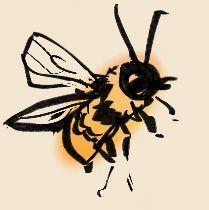
Show Word Count
subscribe
Email registration
faqs
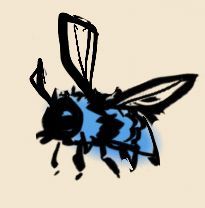
why should I sub?
In Show Word Count, I use my recent projects to share behind-the-curtain details on a writing life. This includes insights on sourcing, interviewing, writing, pitching, editing, and publishing processes, as well as ideas which couldn’t be explored in the published versions of pieces. If you’re interested in writing, journalism, poetry, memoir, or exploring ideas, this newsletter might be for you!
when do you send it?
New editions of Show Word Count are sent out on the third Monday of every month.
recent word counts
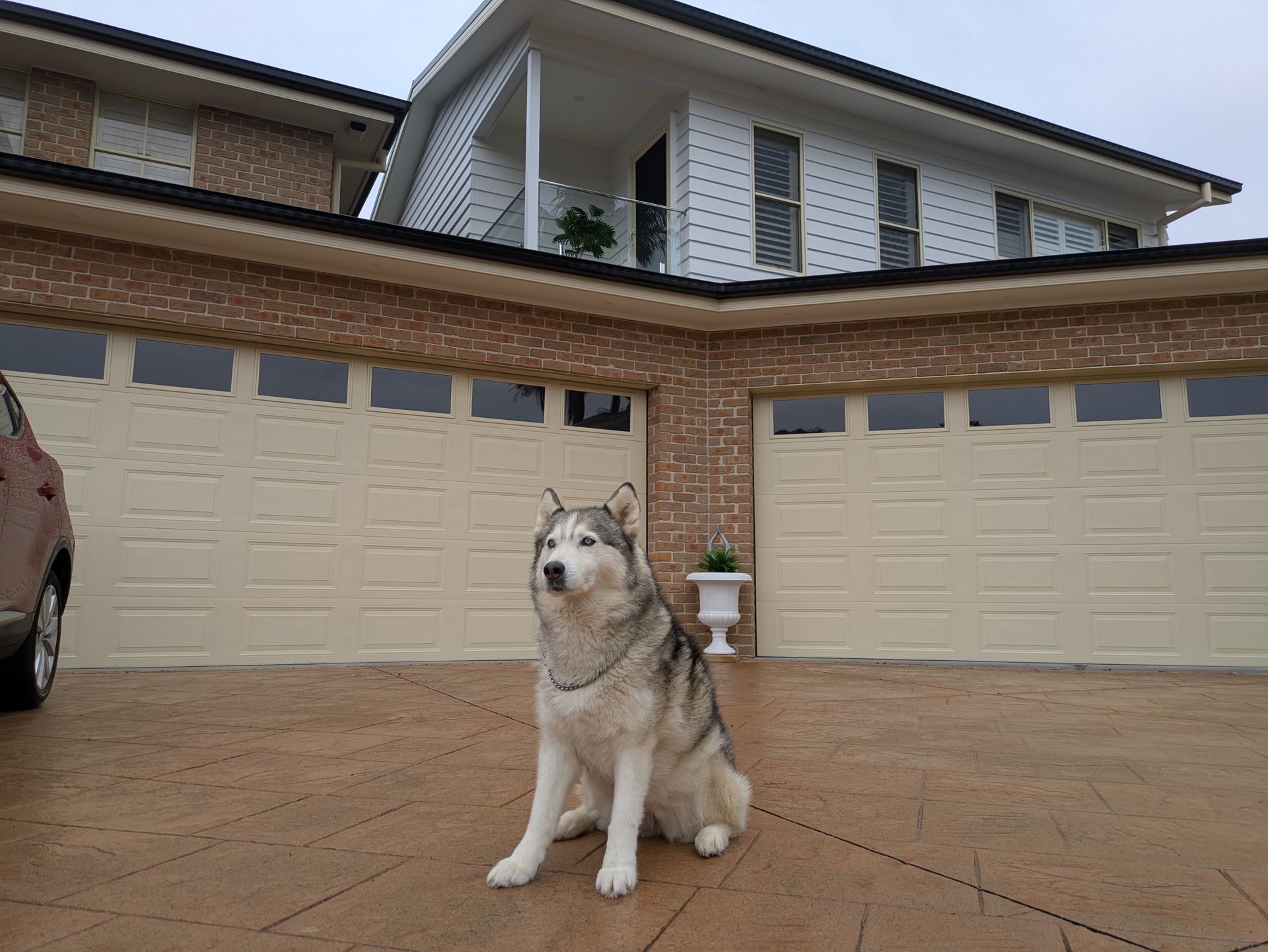
Have you ever been approached by a journalist for information? Perhaps as an interview subject, for supplementary knowledge, or even a tip-off? If you know me, you might understand the moment a conversation with a journalist stops being casual and veers into professional interest. I’ve had quite a few of these conversations – about work in industries receiving lots of media attention, about alternate lifestyle choices, circumstances affected by new laws or policies – and so I’m familiar with the look of fear when someone is asked whether they would repeat themself for a story. I’m often told to speak ‘off the record’ but I do not think those words always mean what you think they mean. Let me clarify. An on-the-record conversation is one which is literally being recorded, either with a recording device or by transcription. It will most likely be used in the story and likely by direct quote, attributed to you. Most interviews are on the record, and all interviews where you want your name there are. However, you can speak on the record and then request to be anonymised later – say, if you want your words public but there is some danger to attaching them to your identity. People often overestimate the danger in this, however, and you might find voicing your specific concern to the journalist or the news organisation’s legal team helpful in presenting a solution which still offers the audience the credibility of a named source. An off-the-record conversation is most conversations. They aren’t being recorded in any way and furthermore, the information in them is almost useless to the story as far as following up for background research goes. We are all off the record by default and you don’t really need to say you are. Journalists overwhelmingly endeavour to tell you when you are being recorded, and negotiate honestly with you about alternatives like note-taking if you’re uncomfortable with that. If you’re afraid you’re dealing with a News Of The World wire-tapper type, stating that you’re off the record isn’t going to help. A conversation on background is what most people mean when they say they’re speaking to a journalist ‘off the record’ about a story. If you want to help with the background information but not as an interviewee, the journalist can take notes about the content of what you say but won’t attach your name to them or directly quote you in the story. The information will just be used to take to the next places the journalist follows up with. It sounds mysterious, but it can also be used for the boring stuff – if you’re just explaining relevant jargon to a journalist about an industry-specific story and nothing else, you’re basically on background. Mustering the courage to speak to the media can be difficult. It seems more difficult for more people lately. But breaking meaningful stories requires people to tell them. Word Count: 482
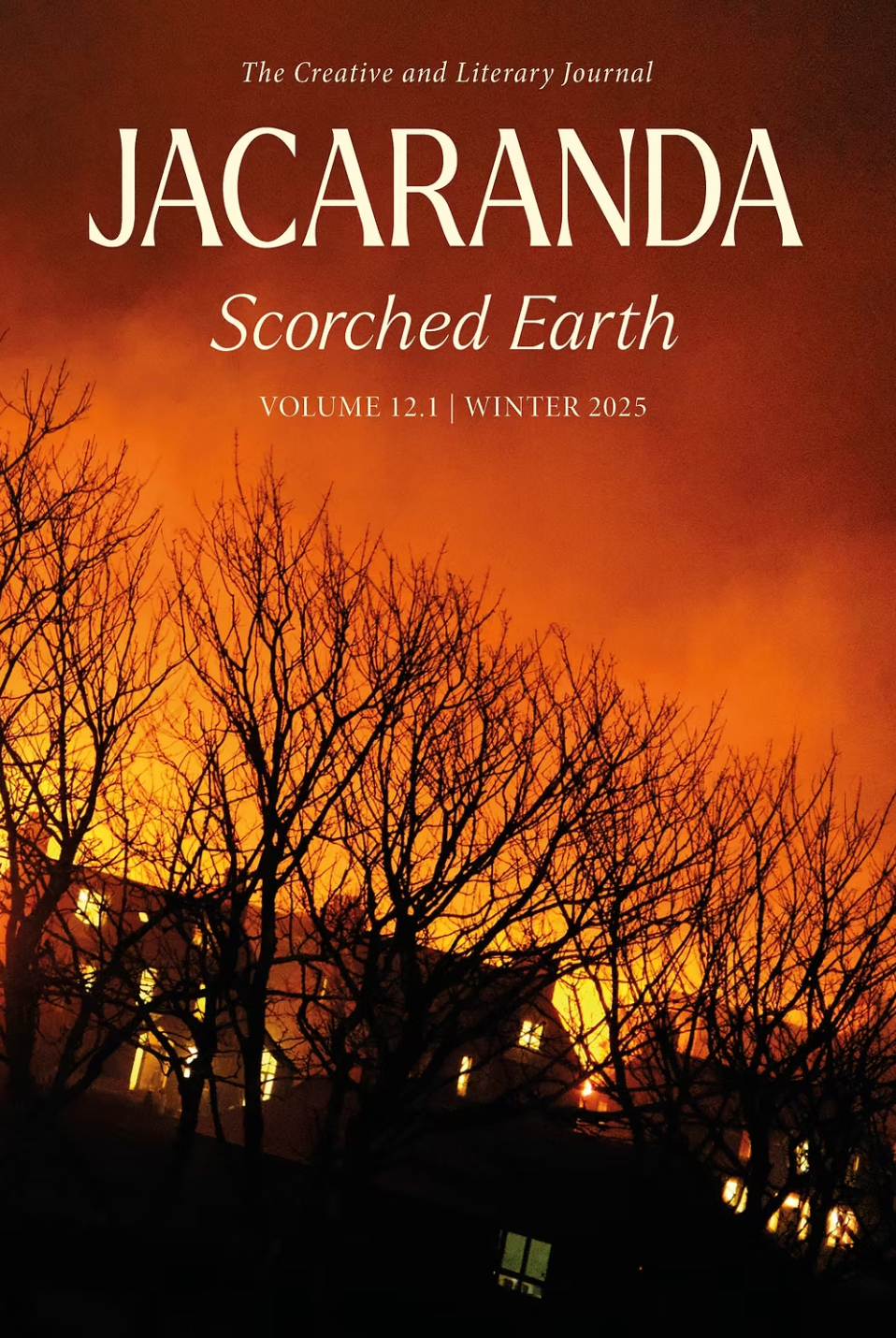
Last month, I attended two launch events for two very different journals – Jacaranda literary journal’s ‘Scorched Earth’ edition and the British Fantasy Society academic journal’s 2025 Summer edition. When you write in a variety of genres, it can be hard to keep up with who is open for what kinds of submissions and who you’ve already sent your work to. That’s why I don’t keep up in my head. I keep a spreadsheet. Here’s the layout of my main piece submissions spreadsheet if you want to copy it at home: Link | Type | Deadline | Pay | Name | SimSubs? | Status In the first column, drop the link to the submissions page you’ve found. In the second column, write what types of piece the journal or magazine is accepting (poetry, memoir, reviews, academic essays, short stories, play scripts, etc.) In the third column, plug in the closing date for submissions if it’s listed or ROLLING otherwise – this means they accept pieces year-round. The fourth column refers to how much the journal or magazine pays. Note that it does not refer to the submissions fee. Obviously you don’t have to copy me to the letter, but my philosophy here is I only submit to magazines and journals which offer payment and no fee to submit. I recognise that I am providing work for them, and object to the idea that I should pay to work. However, I understand that not every journal and magazine has the means to offer what we would usually think of as a fair payment for the hours sunk into a piece. That’s why I’ll submit to journals and magazines which offer any payment – whether it’s $3 or $300. Even if it’s only a small honorarium, it’s a token of respect for the fact that you are doing work. As for fees, I’d rather monetarily support a journal or magazine by just buying copies and donating. (Jacaranda Journal does not offer all contributors payment but I was recommended to submit by a former teacher and couldn’t find it in my heart to say no.) In the fifth column, write the name of the magazine or journal. The sixth column refers to whether the magazine or journal accepts ‘simultaneous submissions’. This is where you submit the same piece to multiple outlets. And this is possibly the most important thing to keep track of in the spreadsheet – if you submit a piece to an outlet that doesn’t allow simultaneous submissions, and they haven’t gotten back to you, you need to withdraw it before submitting it elsewhere. If you’ve already submitted it to an outlet that does accept sim-subs, you cannot then submit it to an outlet that doesn’t without withdrawing from the first one. If you – like me – get bursts of motivation to submit your work and then drop off for a while, you’ll need to check this column of your spreadsheet when the motivation hits you in case you’ve forgotten about any pesky non-sim-submissions. Personally, I favour outlets that offer simultaneous submissions and outright avoid outlets which don’t allow them and also don’t give you a reasonable estimate (within three months) for when they’ll get back to you. The last column refers to the status of your piece: whether you’ve submitted it, withdrawn it, it’s been long-listed, short-listed, accepted or rejected. When you submit, you can also write in this column the date you expect to hear back by. Many magazines and journals will give an estimate – a number of weeks or months – of when writers should receive a response, or let you know on the submissions page that if you don’t receive one by then you can consider yourself rejected. If they don’t note the latter, you can take the number of weeks or months as their deadline and follow-up if you don’t hear back. This is the second most important part of the spreadsheet to keep abreast of, as letting a piece languish in an outlet’s slush pile might prevent you from submitting it elsewhere. When I’ve submitted a piece, I usually highlight the row yellow to immediately signify to myself that something is out-standing. I colour-code the row green for accepted, red for rejected, purple for withdrawn, and orange for long-listed or short-listed. This helps me quickly focus on what I need to address when the spreadsheet gets a bit long, but you might prefer a different method. Word Count: 719
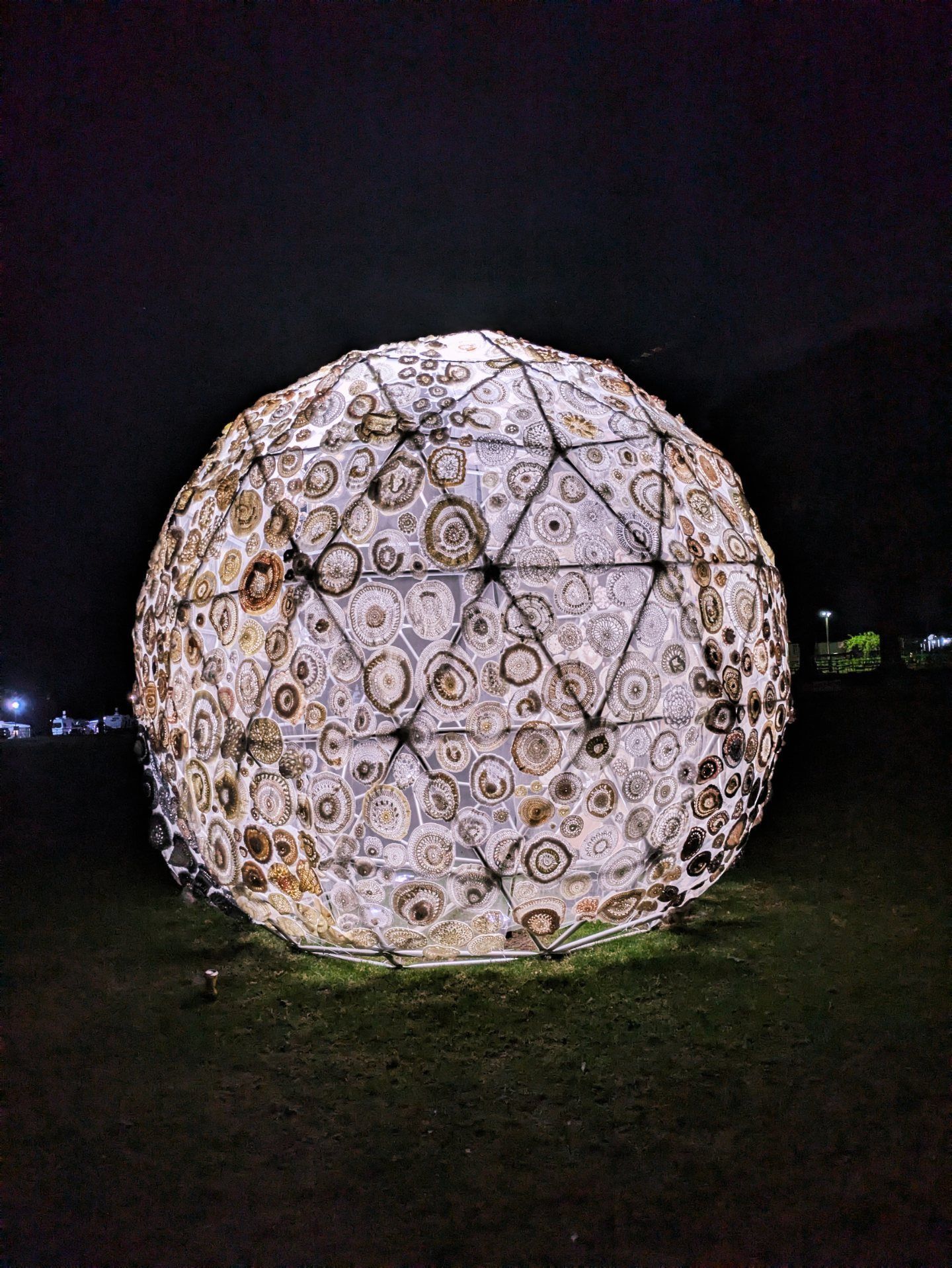
After the OpenField arts festival over the weekend, you might have seen me post a series of photos and videos I took in my capacity as a volunteer on the festival’s media team. These included some short interviews with festival attendees called vox-pops. But what are vox-pops, and why do we use them? Vox-pop is short for vox populi (voice of the people in Latin). It can also be shortened to ‘voxxie’ if you’re feeling particularly Australian and like to nickname everything twice. It refers to an interview, usually consisting one or only a few questions, with everyday people. This is as opposed to a longer interview with an expert or the subject of the story you’re writing. The purpose of vox-pops is to show how people generally feel about a certain topic. At an event, for example, conducting vox-pops with attendees can offer insight into the experience of the audience which organisers, stallholders, artists and others involved might not get to have. Usually, a story using vox-pops will include multiple collated together for a general overview of how people are feeling rather than zeroing in on one person. To conduct a vox-pop, a reporter will usually visit an area relevant to their story and stop passers-by to ask them a question on camera. This can be at an event, but it can also be on a busy street for a story that concerns a more general population. Most of the time, it’s best to ask for people’s permission to record them for use in a story. The most effective collections of vox-pops usually include very few questions asked, and the questions themselves worded simply. Keeping in mind these are not in-depth interviews, reporters will mostly keep their vox-pop questions general and based in feeling. For example: ‘If you had to describe the event in one word, what would it be?’ The way a reporter chooses to present their collection of vox-pops can vary depending on the story – will it be played on radio, TV, social media? They can be weaved into the rest of the story individually or presented as a package, with the question included or the responses alone. If a collection of vox-pops is shown on its own, it will usually be most effective beginning with the most emotive response, then using the rest of the responses for context. If you want to see an example, OpenField posted a collection of vox-pops on their Instagram. View them here. Word Count: 411
This newsletter references sexual violence and sexual health issues. Take care when reading. If you need help, please consider calling the Respect National Helpline: 1800 737 732 Not long ago, I submitted a short memoir piece – about the impact that poor sex ed can have on queer students and their relationships later in life – for publication. It will be published next month. And among the edits which took it from submission to publication were two statements which needed a reference. To understand why they needed changing, I should first tell you what memoir does as a form. It is a genre of creative non-fiction – which also includes biography, autobiography, personal essay, narrative essay, lyric essay, etc. – wherein a writer recounts from their own life. While autobiography does something similar, memoir allows the writer to sacrifice breadth of information in favour of style. This means a memoir piece often covers one or a few experiences rather than an entire life, usually for a point. And with the genre building done, we can get to the point. The point of my short memoir piece was to demonstrate with my own experience how poor sex ed impacted my queer relationships later in life. I juxtaposed two scenes – of a sex ed class and a poor attempt at sex – for this effect. But recognising that these two experiences cannot serve as a map for every queer experience, I also supported ‘the point’ with references to other experiences, other people, the bigger picture. How do you reference the bigger picture? Well, you have to start making some truth statements. Truth statement 1: I was diagnosed with vulvodynia at 20 years old. This quiet monster is characterised by a burning nerve pain in and around a patient’s pelvis. The cause? Researchers disagree. Trauma. Nerve damage. Symptoms from a secondary illness. Question marks on the many patients who don’t fit into these theories. How it changed: I got this information from the Royal Women’s Hospital Victoria website . Here’s an actual quote from them: “Vulvodynia (said ‘vul-vo-din-ia’) is a condition where there is pain, burning and discomfort in the vulva that cannot be linked to a specific cause. “This pain may or may not be triggered by touch and may be felt in one area or across the whole vulva. “What causes vulvodynia? “Unfortunately we don’t yet know.” Although this statement was correct, the wording of this reference brought the story too far away from my experience. In a personal essay – wherein your experience is a starting point for a broader conversation – this is par for the course. In memoir, you want to stick a bit closer to you. We changed the line to The cause? My doctors can’t agree. Just to bring it back to me. Truth statement 2: In eight years, I would learn the statistic that one in sixteen men are rapists and one in three would be if they knew they’d get away with it. I would count the number of men in a room and wonder which one planned to put their hand over my mouth that night. How it changed: I got the 1 in 16 men are rapists statistic from an article published with the American Psychological Association , and the 1 in 3 would be if they thought they’d get away with it stat from an article by University of North Dakota researchers . While I would recommend reading through them in their entirety, they are also both contested . The above phrasing posed the two stats as truth statements without acknowledging that other research found issues with the statements or different numbers altogether. I didn’t want to encourage the reader to blindly absorb this number as a hard-and-fast rule, but rather help the reader understand what it felt like to learn that the danger of sexual violence was everywhere. Once again, the solution was to bring the phrasing back to my experience. How did I first discover this information? In the end, the line changed to: In eight years, I would hold a friend’s shaking hand as she told me that one in sixteen men are rapists and one in three would be if they knew they’d get away with it. I would count the number of men in a room and wonder which one planned to put his hand over my mouth that night. What do you think of these changes, reader? Do they teach us more about where we draw the line between memoir, autobiography and personal essay? Or have I just rambled on about tinkering around the edges? Word Count: 755
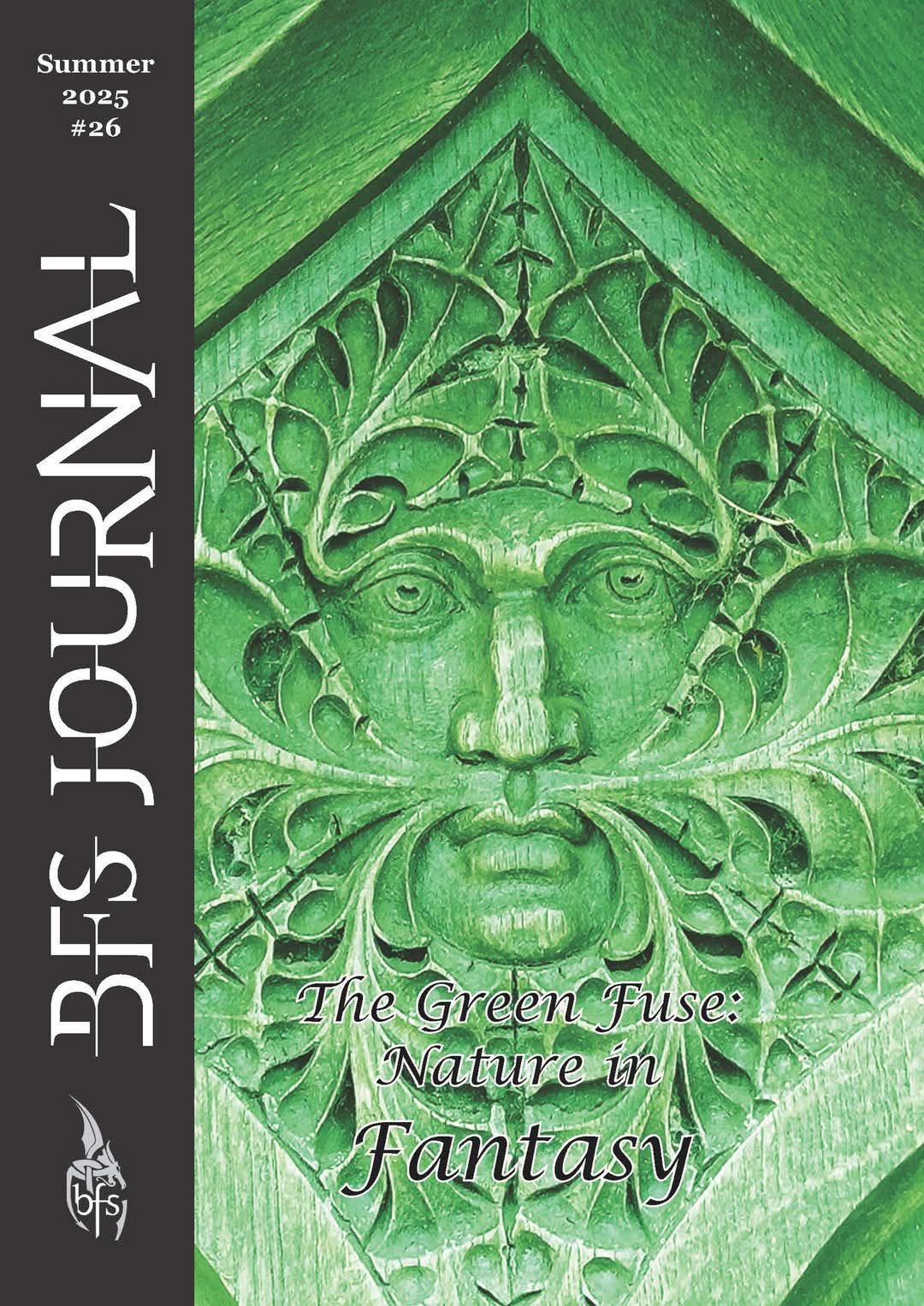
In my second entry to the British Fantasy Society Journal, I review the 2020 novel Flyaway by Kathleen Jennings through the lens of the Australian EcoGothic. In an interview for this article, the author laughed off the idea that Flyaway could be categorised neatly into a single sub-genre – saying it could just as easily be analysed through the lens of literary fantasy or the gothic fairy tale. I’ve previously written about literary fantasy as a sub-genre, but what does she mean by the gothic fairy tale? Let’s do some more genre building. The ‘gothic’ in the gothic fairy tale refers to a ‘notoriously difficult to define’ genre in itself, according to Associate Lecturer at Manchester Metropolitan University Holly Hirst . She lists the hallmarks of the gothic fiction genre as ‘its darkness, its transgression, its excess and its celebration or exploration of fear’. Meanwhile, she uses the fairy tale term ‘as a relatively loose term for a range of folkloric productions that may elsewhere be more divisively defined as “wonder-tales,” “folk-tales,” “myths” and other regional denominations’. To hybridise the genre, Hirst poses, is to present gothic fiction’s characteristic ‘elements of violence, moral transgression and dark sexual desires’ in the style of a folk story. Going back to Flyaway for examples, we could find standalone chapters in which fairy tales are told as stories within the story. When narrated by Bettina, a standalone chapter comes with a disclaimer like, ‘Gary’s grandmother Vi, who had her own reasons, told it roughly this way, with variations depending on her listeners.’ When narrated by Gary, the fairy tale comes with interruptions from Trish. And this style contrasts with the sense of madness that pervades the novel; its persistent fantastical descriptions of mundane scenes leave the reader questioning whether a magical event is really happening. Readers may interpret fantastical foreshadowing as ‘flowery’ descriptions of mundane events or happenstance until the canon of the story officially recognises magic in its third act. ‘“Be birds,” I whispered. “Be birds.” I held my breath as long as I could, shut my eyes,’ Bettina narrates as she uses magic to transform her brothers for the first time. ‘When I breathed out, I heard a shifting: a long rustling, a beating of wings that stirred my hair and clattered past – broad harsh feathers, trailing silken ones, pinions that whistled in the air and down that fell softly on my hands.’ On the previous page, she presents her brothers’ belief that they were once birds as a delusion: ‘All I could think of was the cold pressure of the filthy concrete under my knees; the reek of birds and blood; the terrible ruin of two boys who had tried to take themselves apart into whatever they believed our father had made them from.’ I’m attending the online launch event for the BFS Journal edition with my Flyaway review inside on 24 June at 7pm BST. Word Count: 483

Our community is now called Hilley Literary, after two-thirds of us organisers (Bronwyn and I) moved interstate. Drink every time I mention moving. We renamed it because The Braddyton was a space which belonged to the three of us. Its original name came from a combination of ours, and it referenced a physical location: our home. The Braddyton needed its lawn mowed. The Braddyton’s bathroom was upstairs. Guests were invited to a poetry night at The Braddyton. This project began, as I’ve said before, as a backyard gig. The physical space we inhabited informed every one of our events. We had the nexus bedroom. The murder room. The piss-hand zone. The suspicious concrete slab. Until we didn’t. When our events became slightly too ambitious for a backyard, we moved into Can You Keep A Secret in Woolloongabba. And when we wanted to get some writing done, we hosted sprints online. The project began to transcend the place. Then we moved out. Rhys, who so generously mowed the lawn and helped set up the fairy lights for our backyard gigs, is still in Meanjin. But Bronwyn and I are now in New South Wales for her degree. We no longer have the place or all three people. It would have been disingenuous to keep the name. Hilley Literary is a project that still seeks opportunities for writey-writey nerds to share their work, appreciate others’ and set aside the time to hone their craft. Its new name reflects Bronwyn and my continued involvement, and expands its reach beyond a property line. Right now, we have a weekly quiet writing session on Discord . We are still settling in to see what other beautiful things we can conjure. In the meantime, I am reducing the frequency of these newsletters to once a month – on the third Monday of every month. Be in touch soon. Word Count: 328
At some point there will be a time when I don’t start a newsletter with ‘I’ve just moved’, but it’s been like three weeks so give me a break. I’ve just moved to the NSW South Coast. It’s taken a toll on my body, as I knew it would. Luckily, I had the foresight and the privilege to take plenty of annual leave at the end of my contract for my previous role in Meanjin – giving me time to set up and find another job. I had been applying since November and getting a bit nervous when I didn’t have another contract signed by the time we were packing up the truck, but in a stroke of good fortune I got a phone call with an offer during the twelve-hour drive down. It meant I had a week of annual leave between arriving in my new home and starting at my new job. And I knew exactly what I wanted to do with it. And I know how this sounds. BREAKING NEWS: Zoomer Last To Discover Normal Work-Life Balance Helps Everything, Including Writing. And yeah that is pretty much it. But I was honestly amazed by what I could achieve while I wasn’t worried about surviving. While I’m not being paid, I’m so caught up in the desperate struggle to get paid that writing creatively goes on the back-burner. And I can see immediately the difference after starting work – by the end of the workday my brain is already tired out, and the best I can do is cobble together another 500 words. During that one week, though, I started on a fiction idea I’ve been mulling over for nearly a year but never getting down. And wrote half of it. I produced more creative work by word count in that week than I have in the previous six months. If you get the chance to take a paid week off work and write, I would highly recommend doing so. How do you harness this extra time, though? There were a few moments during that week when I felt the temptation to sink into my bed and scroll on my phone a bit longer. Part of me itched to check my work email. It can be difficult, even when you’ve taken free time, to appreciate it. If you’re burnt out, it’s hard to be anything but tired and do anything but be tired. I also had house-setting-up things to do and so I structured my writing around that. I would start the day by making a cup of tea and chucking a podcast on, and sorting the house until the episode was over. Then, I told myself, I would write a page. More often than not it turned into two or three pages before I needed to think about what came next. And when I did, I refused to sit there and watch the still screen and think I’m so tired, I can’t do this . Instead, I would chuck a podcast on, get myself a little treat and sort some stuff around the house. It was doing the double-duty of giving me space away from the screen to think about the story’s trajectory in detail. Come back for a page, or three. Repeat. This method saw me through about 2,000 words per day. Maybe something like that would work for you? Now that I’m back at work and groaning in misery at the thought of typing another word after each workday, I am really looking forward to weekends. That’s because every Saturday evening at 6pm-8pm AEST (7pm-9pm AEDT) I’m hosting writing sessions on our literary community Discord . You might know it as The Braddyton, but we’ve renamed it Hilley Literary to reflect our new activities in this new place. I might do a newsletter about that in the future. These sessions are a great excuse to set aside some time for writing. We’re using the pomodoro method (30 minutes of quiet writing, a break, repeat) so we can chat to each other in breaks but also actually get things done. Feel free to drop in at any time during the sessions, and don’t worry about making it to every one – even just the one little visit is great! Word Count: 707
Before I left Meanjin, I performed one last set at poets@stones. It included some old favourites and some newbies, including A Galaxy Of . This poem captures an experience seeing glow worms for the first time. It’s probably my best attempt at nature writing to date – and I spent the entire time writing it under the long shadow of climate change. I don’t need to explain climate change to you, but I will offer a definition of nature writing. Noted nature writer David Rains Wallace said in 1984 that works in the genre “are appreciative esthetic responses to a scientific view of nature”, and alongside essays there is “nature fiction, nature poetry, nature reporting, even nature drama, if television documentary narrations are literature”. He called it “revolutionary”. I based my poem on a glow worm experience in Lamington National Park with one of my Americans. Not only did his visit inspire the endeavour (you never really think of exploring your own region by yourself), but the sheen of new-place enthusiasm in his eyes would rub off on yours if you looked long enough. Long after he left, I would drive across the Story Bridge or down a particularly dramatic hill and feel enough to cry. During the visit, I smiled our way up the winding and pot-holed road to Lamington – enjoying mother nature making us work for it. My American came and left in the August heatwave, when temperatures never sank below 25C. We attended a guided tour, a dozen in the group. The guide took us on a short bus ride from the tour centre down to a walking track, where we waddled single-file with red lights in hand. White light would burn the glow worms, so we squinted and huddled away from funnel-web spiders and gympie-gympie. When we arrived at the viewing site – three rows of benches a creek away from a wall of dirt overhung by moss – the water vapour around us had condensed into drops on the tips of our noses. Two kids swung around their red torches until they were wrested away, and the glow worms appeared blue on the wall after thirty seconds of darkness. Our guide relayed glow worm facts to us one at a time in low tones, seconds of silence to let us soak it in. This is one of the only known glow worm sites left in Australia. Other sites have been destroyed by overtourism. Adults are flies which only travel a few metres in their life. Even the red light can hurt them. The next line was not really true. They’re actually yellow, he said. They only look blue to the kids because their eyes are damaged from screen time. To be clear, Australian glow worms are blue. This is a story to scare children off their iPad. But it sparked a kind of grief in me: the rarity of the worms, their decline, that we wouldn’t recognise them as adults, that we maybe don’t recognise them either way. My American challenged me to write about the experience, and I couldn’t help but come back to this sense of loss. That if you think hard enough about any aspect of nature, you get to the part where we’re losing it. Laura Pritchett, a modern nature writer of the American West, says acknowledging climate change is essential to the genre. She wrote in a 2024 piece that the best nature writing centres “the idea that caretaking of the planet is worthy of exploration, the highest of human endeavors, the best survival story of all survival stories … The themes are driven by enormous existential questions not about love or religion or economies, but the fate of life itself.” A work of nature writing can be “celebration or advocacy. Delight or deep ecogrief. Investigative or informative” but the modern nature writing voice is often “stronger, more intense, more laser-focused” on the changing climate than before. “It’s like the gentrified tea parties of yesteryear got taken over by ragers.” Write what you know, I guess. I can’t share the whole poem with you, but here’s a snip of the end: yellow is my favourite colour, I tell him. mine too, he says. I have a habit of mourning worlds I’ve never seen. we’re home to the most endangered species on the planet, he says, and we have a habit of measuring our worth by how much we have lost. Word Count: 739
I’ve made a big deal these past few weeks about leaving. There was a newsletter on it. There was a farewell poetry event. Right now, I’m in a Canberra hotel room on my little ‘farewell tour’ seeing friends and family before I go. And during this process, a few people have asked: what’s next for The Braddyton? For those who don’t know, The Braddyton is a literary community my housemates and I created in Moorooka, unofficially renaming our house and hosting events in it. As the events grew, we moved some into the Woolloongabba venue Can You Keep A Secret? and online on our Discord server . We started hosting events because we felt Meanjin had lost some of its vital creative spaces in the past few years. This project was aimed at inspiring creators to continue sharing their work while giving organisers time to regroup after some heavy venue losses. And it worked. For those already attending poetry events and looking for more, SpeakEasy Poetry is returning at Echo & Bounce . We are so, so proud. The truth is, we don’t know if we will continue The Braddyton’s in-person events after the move. We’re moving to a small town in New South Wales. Its creatives will likely have vastly different needs to those in Meanjin. In my opinion, the saddest and stupidest thing we could do would be to copy and paste this project in a different place. We would be neglecting local artists’ actual problems by serving our own egos. The Braddyton was made to help, so we need some time to figure out how best we can do that anew. That means we will take a break from running in-person events for a while. However, I previously mentioned our Discord server . This was initially set up to facilitate a month-long writing sprint in November last year. Since some writers found it helpful then, we want to revive it for something more permanent. Beginning the 1st of March, I will be hosting weekly two-hour-long writing sessions on the server from 7-9pm AEDT (6-8pm AEST). That’s every Saturday evening. Feel free to join as much or little as you like – just drop in for one if that suits you best. We also have a text channel for feedback if you’re not free at the allotted time but still want to share. I’ve made a big deal about leaving, but I promise to haunt you. And if you still think of this as another loss, I dare you to do something even better. Word Count: 421
